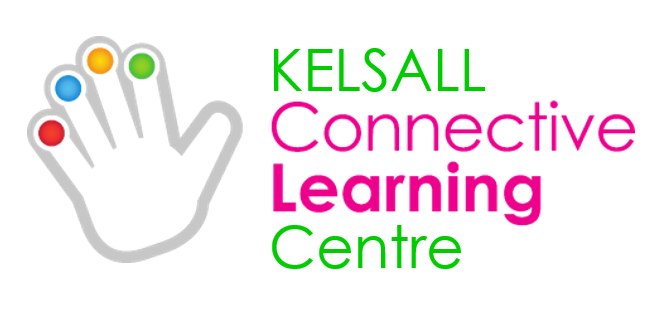Many words and phrases have been used to name the problems experienced by those with reading and spelling difficulties. However, the term dyslexia was first used over 120 years ago and comes from the Greek “dys” meaning difficulty and “lexia” meaning words or symbols. Hence the word “dyslexia” meaning difficulty with words – an accurate summary of the problems.
Literacy difficulties can certainly be a considerable downside to dyslexia, but on the other hand, some aspects of dyslexia can be considered an asset. For example, people with dyslexia can be very intuitive and have good insight into problems. They may be more curious than average and have vivid imaginations. These traits can lead to the development of a natural ability, knack or talent and in this way dyslexia can be considered something special that enhances the person.
The less positive aspects of dyslexia do cause a great deal of concern and distress. Parents of dyslexic children are often very worried by their child’s lack of reading and spelling progress and face a real struggle in supporting them. Children themselves often become worried, although they often try to hide their concern. They might be subjected to teasing or bullying at school and may also be accused of being lazy and not paying attention. All too often, the child wrongly starts to believe that they must be “thick”, as they are unable to do the things that others seem to find so easy. These feelings can result in behavioural problems varying from becoming sad and withdrawn to having sudden flares of temper, being disruptive or becoming the “class clown”. Adults too, can be embarrassed by their dyslexia, avoiding situations that might expose their reading and spelling difficulties and so they restrict their choice of employment and opportunity. In both adults and children, confidence and self-esteem can be very badly affected.
Dyslexia is NOT the result of low intelligence. The successes of many well-known dyslexics go to show that difficulty with literacy need not be a barrier to achievement in any walk of life. Poor literacy should not be confused with lack of ability and many dyslexics have remarkable talents. Click here for examples of famous people with the gift of dyslexia. All the more frustrating then, to have difficulty with reading and spelling, when those around you seem to master these baffling skills with such ease.
After many years of research into the subject (which still continues), the cause of dyslexia is thought to have a neurological basis. Dyslexia is widespread – it is believed to affect one in ten people – and tends to run in families. Dyslexia may be seen as a learning difference; people with dyslexia are very capable of learning when taught in the way in which they are able to learn. It is extremely difficult to overcome the difficulties of dyslexia without some form of specialised help, such as that offered by Connective Learning.
